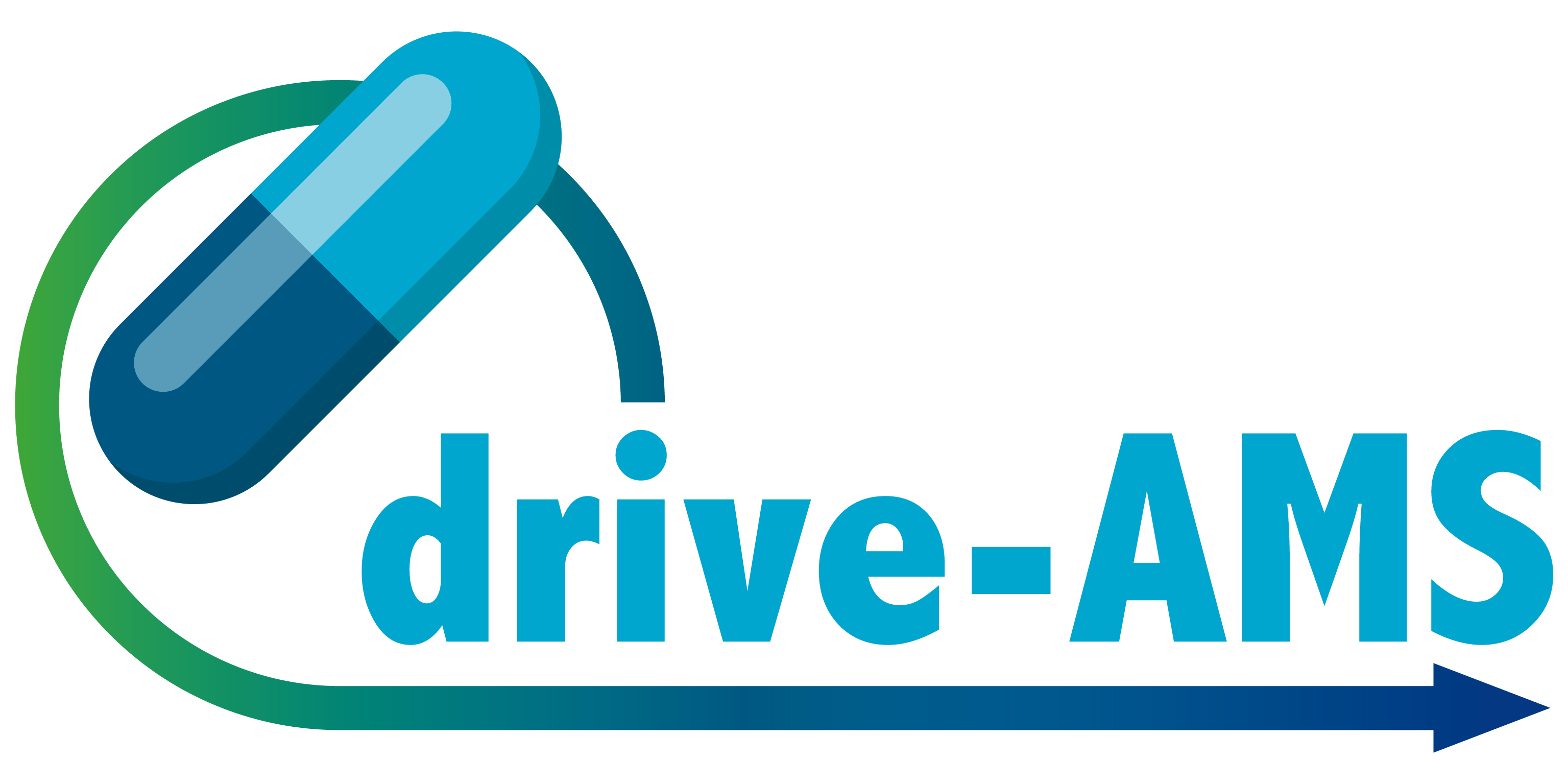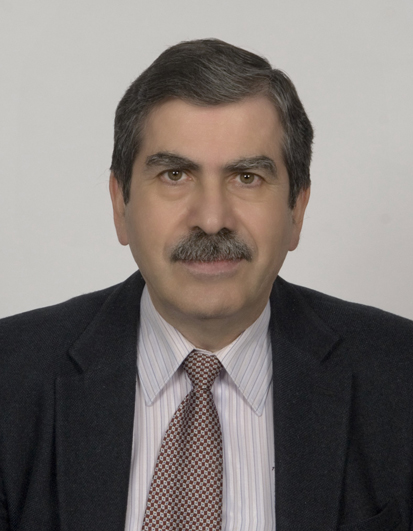Can you introduce yourself and describe your work?
I am an emeritus professor of paediatric infectious diseases at the Aristotle University of Thessaloniki. Over the past years, I served as the director of the University’s 3rd Department of Paediatrics. My work has been heavily focused on infectious diseases rather than general paediatrics. My primary interests include infection control, antibiotic stewardship, antibiotic resistant bacterial and fungal infections—especially invasive fungal infections, which are notoriously difficult to treat. I’ve spent considerable time working on minimizing antibiotic use in hospitals to prevent resistance, which has been a key part of my career even before antibiotic stewardship became a widely recognized policy.
Why is the drive-AMS project and combating antimicrobial resistance so important?
drive-AMS is crucial in the fight against antibiotic resistance. One of the key messages we try to convey is that antibiotics are not like other drugs. If you misuse antibiotics — by taking them without reason or for prolonged times — the impact goes beyond the individual, it affects the society as a whole by fostering resistant microbes. These resistant organisms can spread, making infections harder to treat across the community. For example, when a child in daycare is given unnecessary antibiotics, resistant bacteria can spread to other children, compromising treatment effectiveness. Therefore, antibiotic stewardship in both hospitals and the community is essential to prevent the emergence of resistant infections.
What has the Greek drive-AMS network achieved so far? What challenges have you faced?
We’ve made significant progress as part of the drive-AMS network, working with the teams in Nijmegen and Antwerp and collaborating with various hospitals in Greece. One of our key achievements has been the creation of a network that includes hospitals of varying quality in terms of infection control and antibiotic stewardship. By bringing together both well-established and less developed hospitals, we’ve facilitated knowledge sharing and improved practices across the network. Some hospitals that initially had limited practices in place have seen considerable improvements after engaging with our network. We’ve conducted courses and follow-up meetings that have helped change behaviours and promote better practices in antibiotic use. While other programmes in Greece also focus on infection prevention and antibiotic stewardship, our network is unique in its approach and the specific hospitals we work with.
How do you attract new hospitals to the network?
We attract new hospitals primarily through invitations. Joining the network is entirely voluntary, but we do sometimes face challenges in convincing hospitals to participate. Initially, some hospitals were indeed hesitant, often due to misunderstandings about the programme’s goals. However, once we explained that drive-AMS aims to support and improve hospital practices without imposing compulsory measures, they decided to join our network after all. So, clear communication about the benefits of drive-AMS has proven essential. Over time, our approach has shifted from persuasion to simply offering participation, allowing hospitals to join if they see the value in the programme.
How did you implement the knowledge gained during previous trainings?
The initial training in the Netherlands was a good starting point. But when we conducted our own course in Thessaloniki, it not only helped us reinforce what we had learned but also enabled us to pass that knowledge on to others. We became trainers ourselves, effectively conveying the importance of behavioural change in antibiotic use. The success of our course is shown in the increased enthusiasm and understanding among participants, which we continue to see in follow-up meetings. This has enabled us to spread these crucial lessons more broadly.
As drive-AMS is about to enter its third year, what lessons have you learned?
One key lesson is understanding the barriers that doctors face in changing their antibiotic use practices. Through questionnaires and interviews, we discovered that many doctors found it difficult to change established practices in their hospitals, such as prolonged antibiotic use for surgical prophylaxis. Another barrier was fear for the consequences of reducing antibiotic use, especially in critically ill patients. These challenges are diminishing as our training and communication efforts continue, helping doctors adopt more appropriate antibiotic practices. We’re now preparing to evaluate the impact of these changes through a second round of Global-PPS surveys.
What are your future goals for drive-AMS in Greece?
Our main goals are to expand the network of hospitals practicing drive-AMS principles and to gain more official recognition from government bodies. We believe this will help further embed the practices of antibiotic stewardship and infection control throughout Greece. Being part of drive-AMS has significantly enriched our efforts in these areas, not only in our own hospital but also across the wider network, leading to a more coordinated and effective approach to combating antimicrobial resistance.

